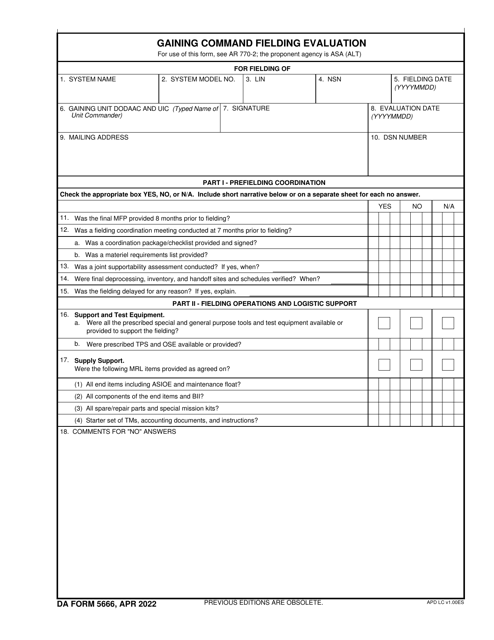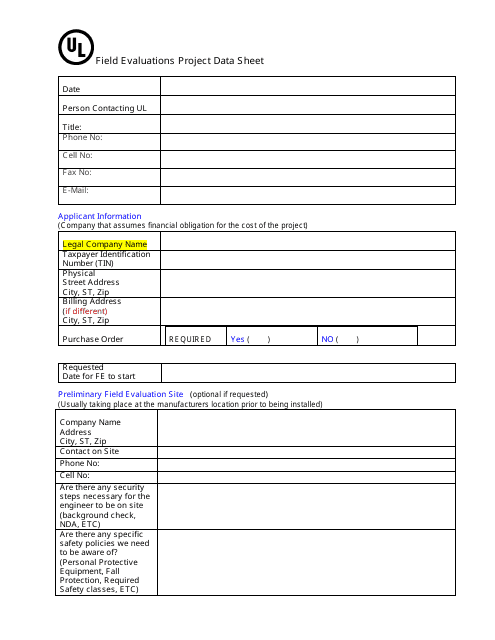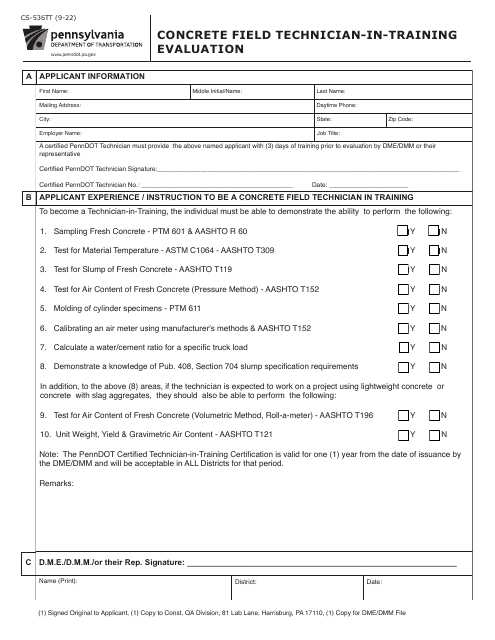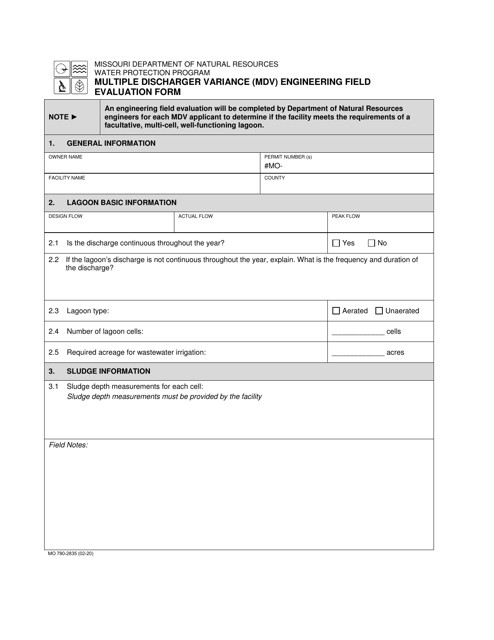Field Evaluation Templates
Field Evaluation (also known as field evaluation form or fielding evaluation) is a crucial process that assesses the performance, efficiency, and effectiveness of various systems and equipment in real-world conditions. This evaluation helps organizations in the USA, Canada, and other countries gather comprehensive data and insights to make informed decisions and improvements.
Field evaluations are conducted by experts and professionals who analyze the functionality, durability, and safety of a wide range of systems, including technology, machinery, and infrastructure. These evaluations involve thorough data collection, performance monitoring, and examination of how the systems operate within specific environments.
The Field Evaluations Project Data Sheet in Nova Scotia, Canada provides valuable information on the performance of different systems under various conditions. It is a comprehensive resource that assists organizations in making informed decisions and implementing necessary changes to enhance efficiency and productivity.
Form CS-536TT Concrete Field Technician-In-training Evaluation in Pennsylvania is another document that aids in the assessment of individuals working in the field of concrete technology. This evaluation form allows organizations to gauge the competency and expertise of their concrete technicians, identifying areas for improvement and enhancing overall quality standards in the field.
Similarly, the MO780-2835 Multiple Discharger Variance (MDV) Engineering Field Evaluation Form in Missouri provides valuable insights into the environmental impact of discharging activities. This evaluation form helps authorities assess compliance with regulations and identify potential risks and mitigation measures to protect the environment.
Whether it is the evaluation of equipment, individuals, or environmental impact, field evaluation forms play a critical role in fostering continuous improvement, ensuring safety, and enhancing performance standards. By leveraging the data collected through these evaluations, organizations can better understand the strengths and weaknesses of systems, identify opportunities for development, and drive positive changes in their operations.
Documents:
5
This document is for recording data related to field evaluations projects in Nova Scotia, Canada.
This Form is used for submitting a request for a Multiple Discharger Variance (MDV) Engineering Field Evaluation in Missouri.




